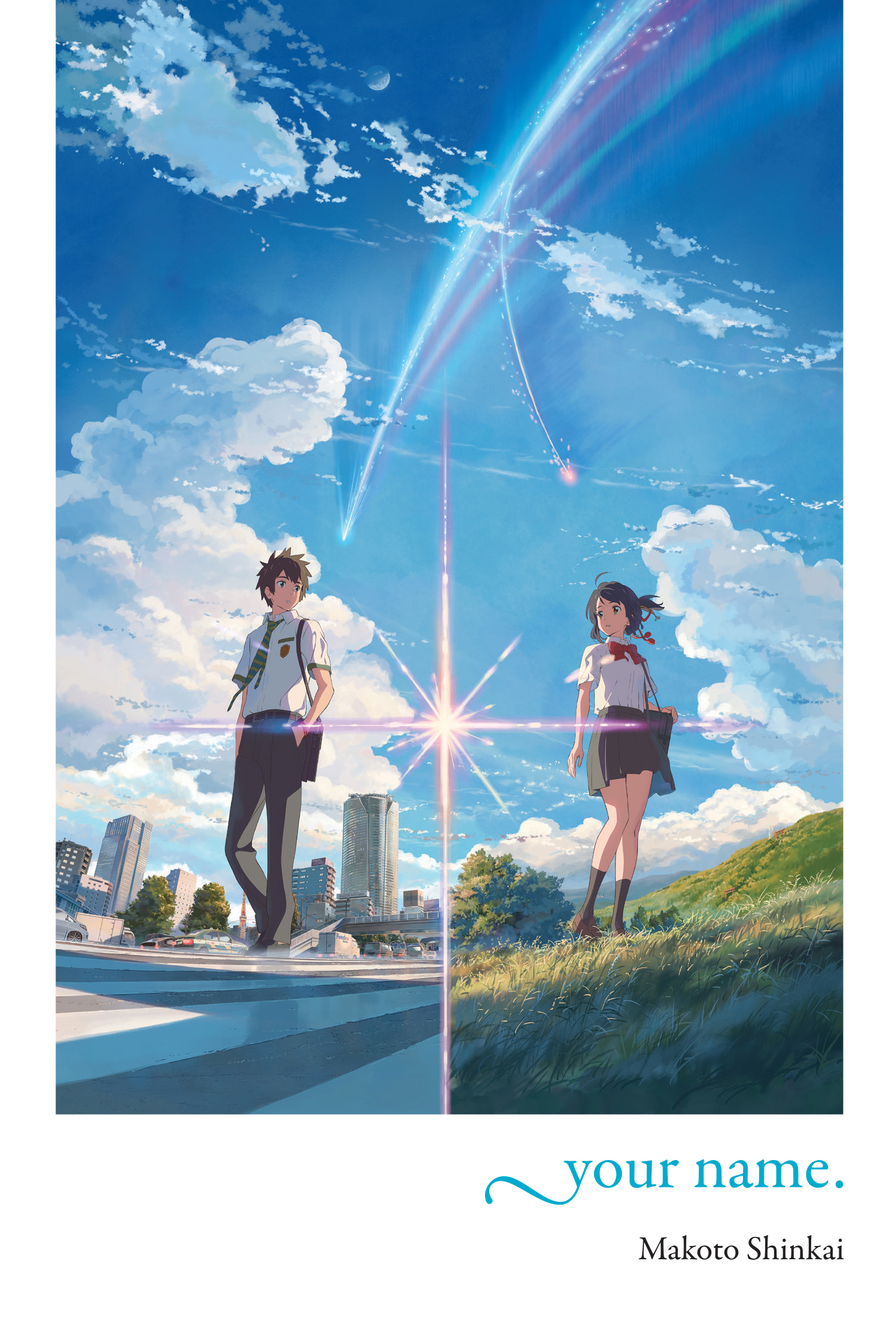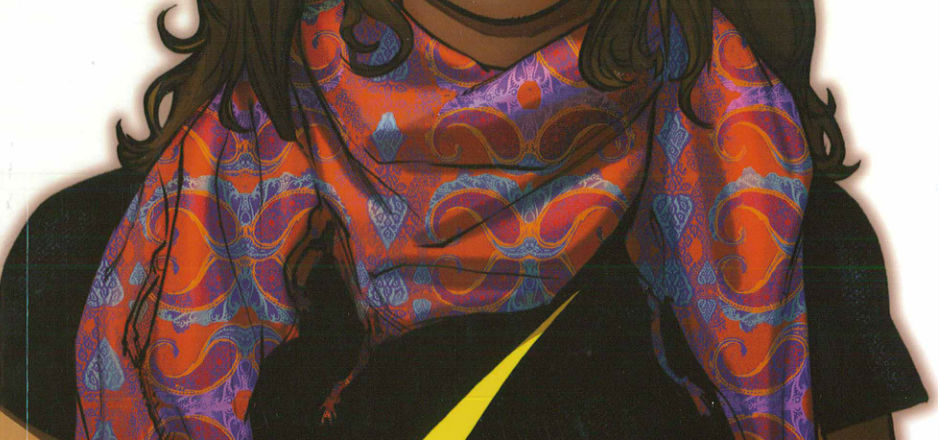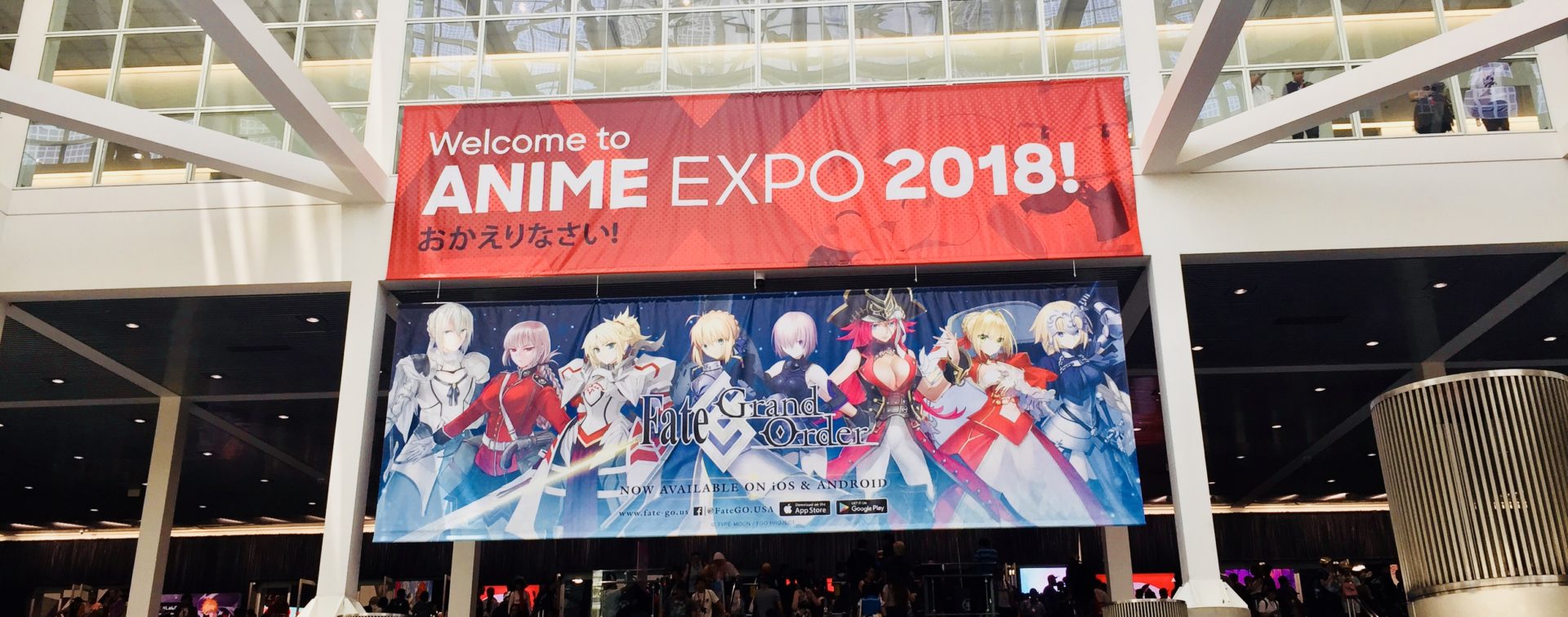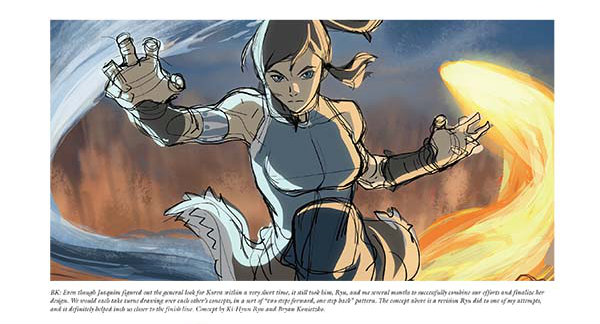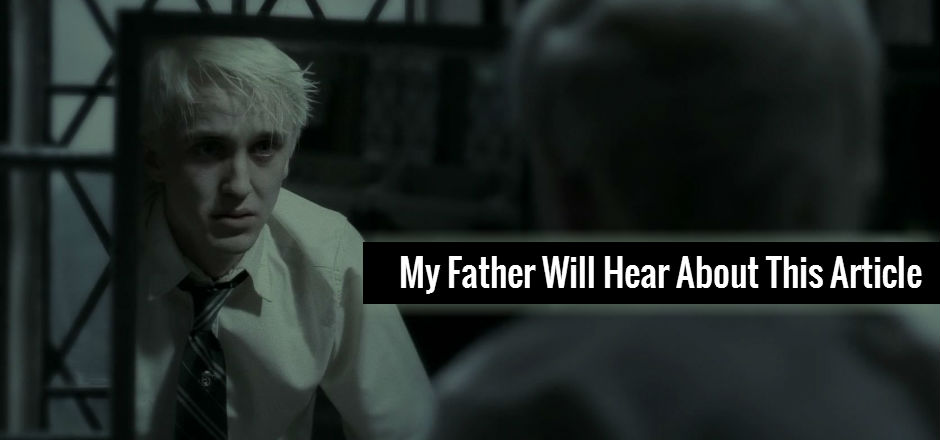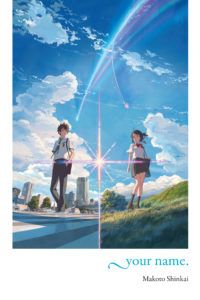
©Makoto Shinkai © 2016 TOHO CO. / CoMix Wave Films Inc. / KADOKAWA CORPORATION / East Japan Marketing & Communications, Inc. / AMUSE INC. / voque ting co., ltd. / Lawson HMV Entertainment, Inc.
Warning: This review contains light spoilers for the your name. film and light novel.
From the publisher:
Mitsuha, a high school girl living in a small town in the mountains, has a dream that she’s a boy living in Tokyo. Taki, a high school boy in Tokyo, dreams he’s a girl living in a quaint little mountain town. Sharing bodies, relationships, and lives, the two become inextricably interwoven — but are any connections truly inseverable in the grand tapestry of fate?
The film your name. destroyed all sorts of things, from Japanese box office records to the composure of everyone who saw it in the same theater I did last month.
Filmmaker Makoto Shinkai, who also wrote the light novel, is well-known for crafting heart-wrenching stories about longing and loneliness, themes that make their appearance throughout your name. The film became Japan’s top-grossing anime film of all time, and it’s currently in the top ten American anime film releases as well.
The light novel is a straightforward novelization of the film, covering the exact events of the movie with no major changes or additions to the plot, instead focusing on adding to the story through Mitsuha and Taki’s first-person perspectives. I won’t focus too much on the plot, since there are very few differences.
My greatest concern going in was that the light novel would be unable to fully convey Shinkai’s mastery of time, and my concerns were fully realized: the heart-stopping moment involving Taki and a pen did not in any way have the same impact as that same moment in the film.
The difference in medium was disappointing as someone who saw and loved the film, but as a totally separate piece of work, the light novel is still beautiful, and there are quite a few moments where the novel clarifies things the movie simply doesn’t. For example, those who watched the subtitled film will find the grasp of Mitsuha’s country accent easier to contrast against Taki’s Tokyo one, which isn’t super clear in the subtitled version of the movie.
Another major difference is the way the light novel shows through prose things that Shinkai conveys visually in the film. The light novel is also more philosophical and introspective, such as in this quote from pages 129-130:
Where do human memories live?
Are they in the synaptic circuitry of the brain? Do retinas and fingertips hold memories, too? Or is there an invisible, amorphous, mistlike, spiritual collective somewhere, and that’s where the memories reside? Something we’d call the heart or the mind or the soul. Is it something you can take out and stick back in, like a memory card with an OS on it?
While your name. is a beautiful book, it’s unfortunately just not as moving or impactful as the film, and it works much better as an accompaniment to the film rather than a replacement of it. In a hardcover edition that clocks in just under 200 pages, this light novel is definitely more of a collector’s item than most other light novels out of Yen Press’s Yen On imprint.
I would definitely recommend the hardcover edition for those who loved the movie, and it would make a gorgeous gift for any Shinkai fan. Those looking for a different perspective of the events of the film should mark their calendars or preorder the next your name. light novel, your name. Another Side: Earthbound.
4 out of 5 stars
Goodreads | Indiebound | RightStuf
This review contains affiliate links. While Girls in Capes does make revenue from purchases made at affiliate links, reviews are not paid, and all reviews contain the staff writers’ honest opinions of the work.
